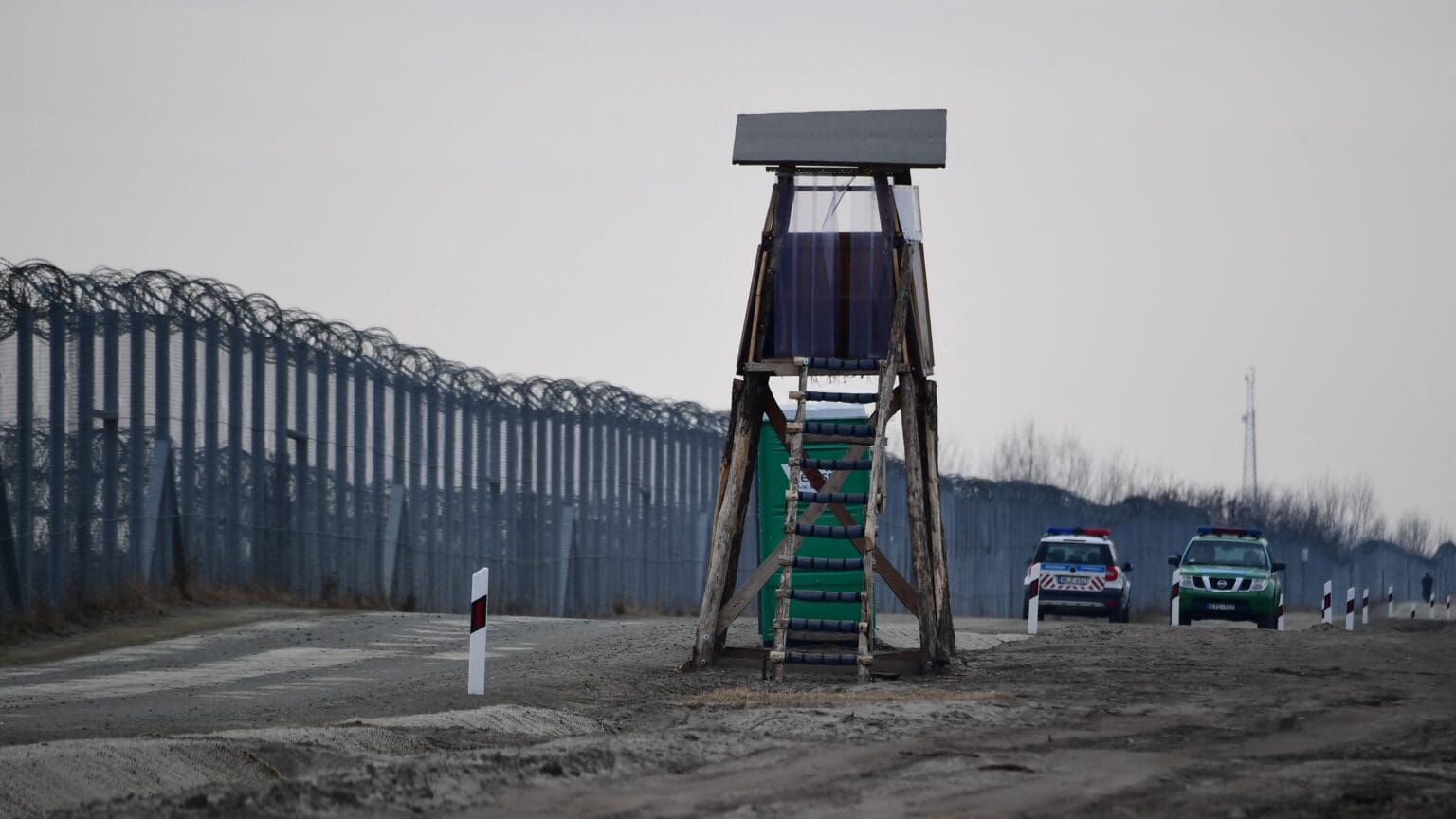
Hungary rejects the EU’s latest migration report, arguing it ignores the reality at the country’s borders. Security adviser György Bakondi says the apprehension of 12,000 border violators this year proves that police and border hunter forces remain essential.
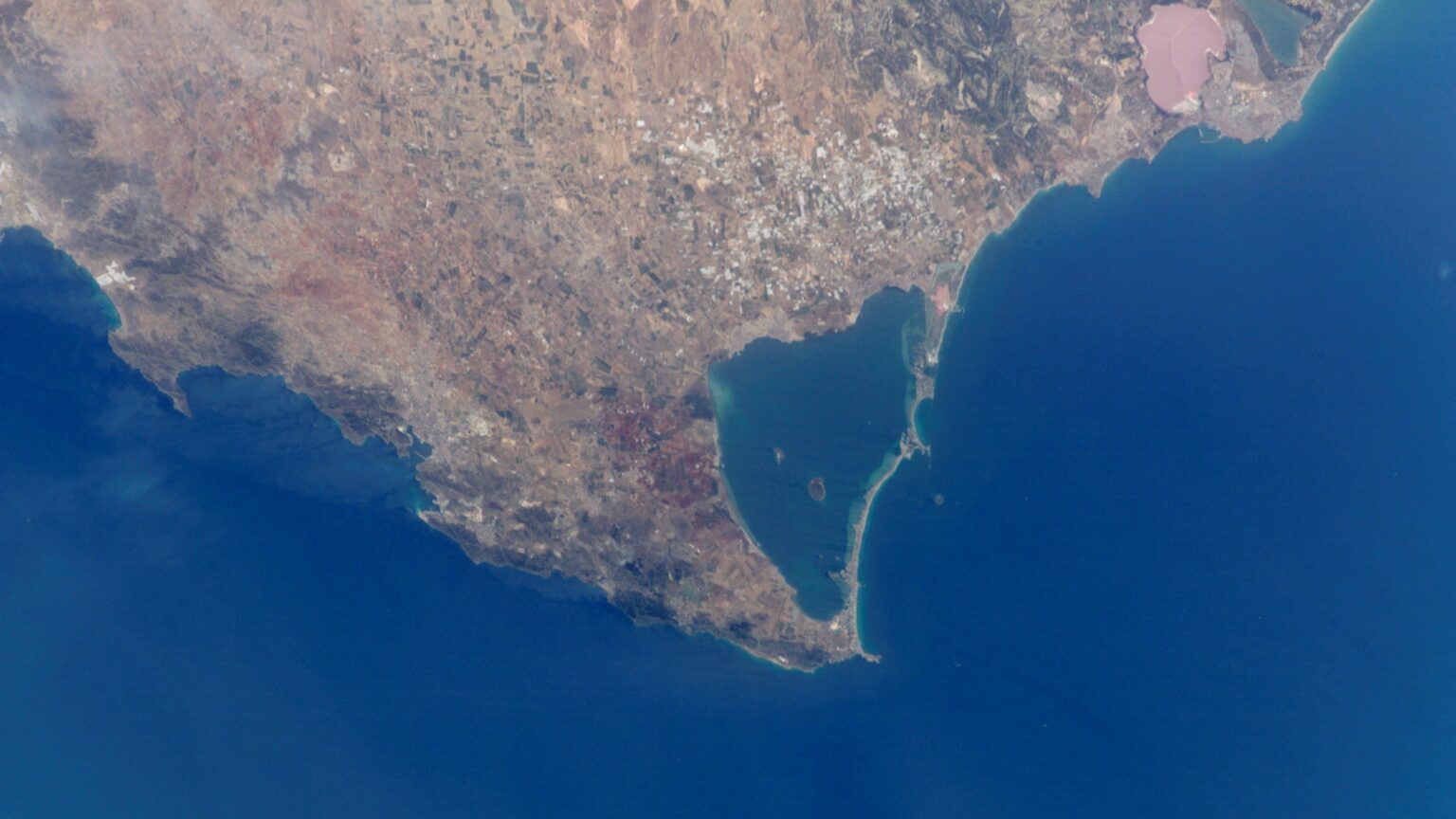
‘The recognition of the rights of nature is not novel—it is rooted in longstanding Indigenous legal traditions, and it has directly challenged anthropocentric legal frameworks inherited from colonial systems. Incorporating such rights into Western legal traditions by applying them to ecosystems like the Mar Menor raises complex and as yet unresolved legal, political, and social questions.’
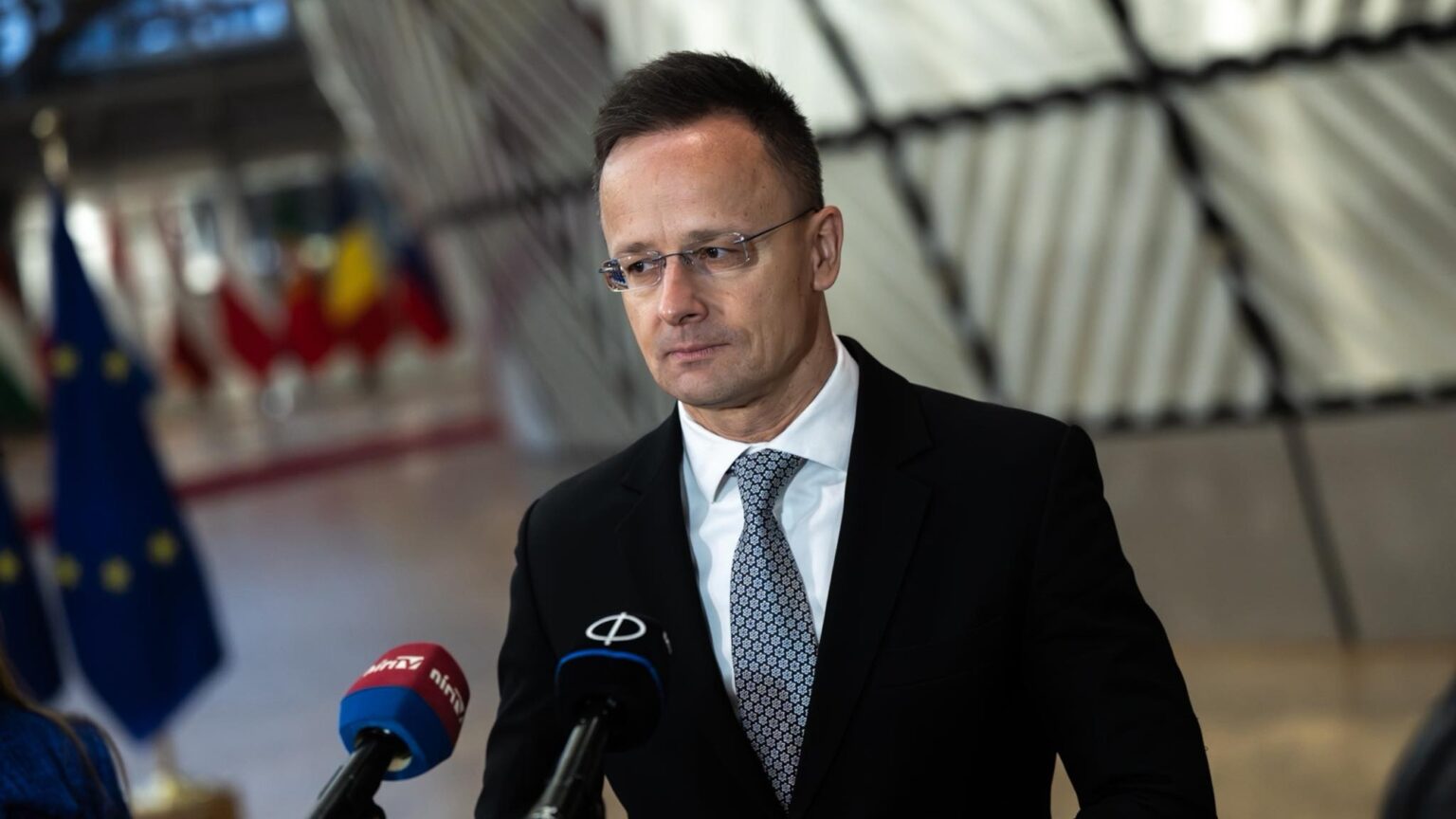
Hungary’s FM Péter Szijjártó slammed EU ministers in Brussels as ‘insane’ over Ukraine, criticizing their support for Kyiv despite a major corruption scandal. He called for accountability on aid, warned the war is ‘unwinnable’ for the Ukrainians, and urged Brussels leadership to back President Trump’s peace efforts.

Budapest’s housing market is shifting as mid-range districts gain traction and traditionally expensive Buda areas lose momentum. The trend is driven by the Otthon Start programme and new Airbnb restrictions, according to fresh data from Duna House.
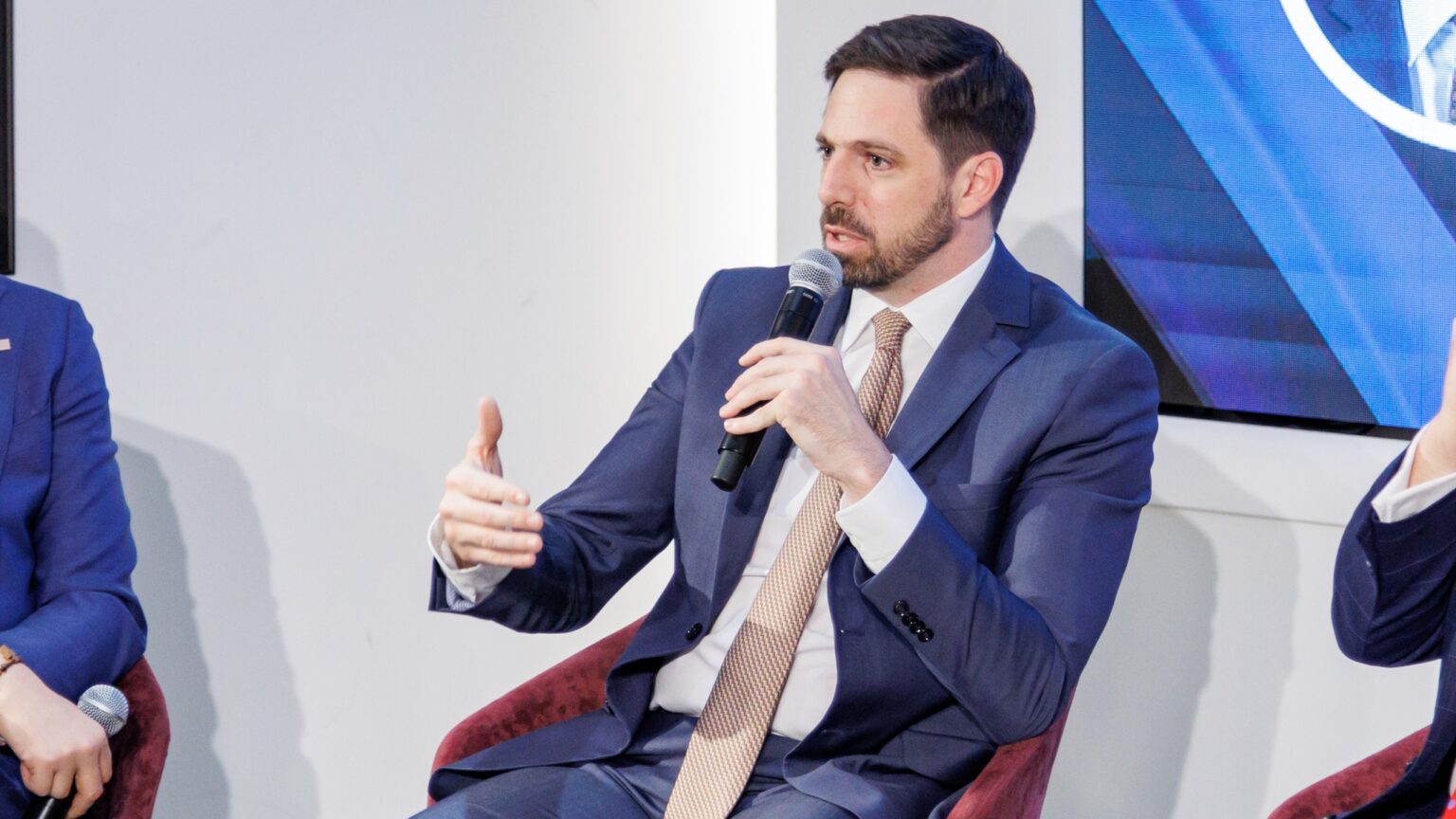
Hungarian–American relations have reached a new peak, officials said at a panel on the Washington summit between Donald Trump and Viktor Orbán. Speakers, including Robert Palladino and State Secretary Levente Magyar, argued that ties are now driven by shared interests, concrete results, and a renewed focus on sovereignty, family policy, and long-term cooperation.
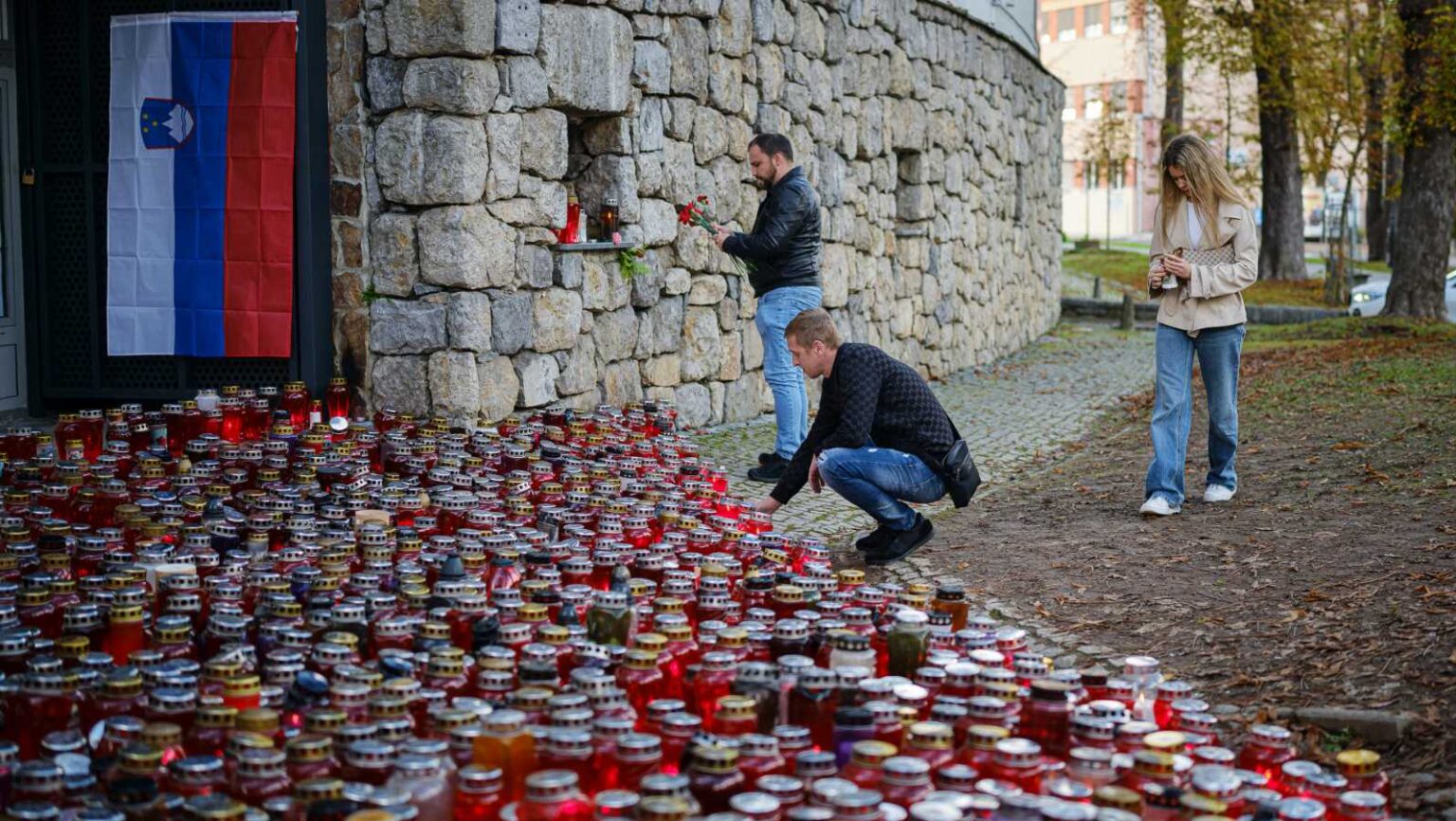
Slovenia under fire after parliament approved the Šutar Law, granting sweeping police powers in designated high-risk zones. NGOs and EU officials warn the law may unfairly single out Roma communities, introduced shortly after a Roma suspect fatally assaulted Aleš Šutar—an incident that triggered mass protests and ministerial resignations.

The American chipmaker giant Nvidia surpassed expectations in its Q3 2025 earnings call, sending not only its own stock higher but also lifting other tech companies in pre-market trading. This has helped buck the broader downward trend in US markets, which had been weighed down by concerns over the potential overvaluation of AI-related companies.
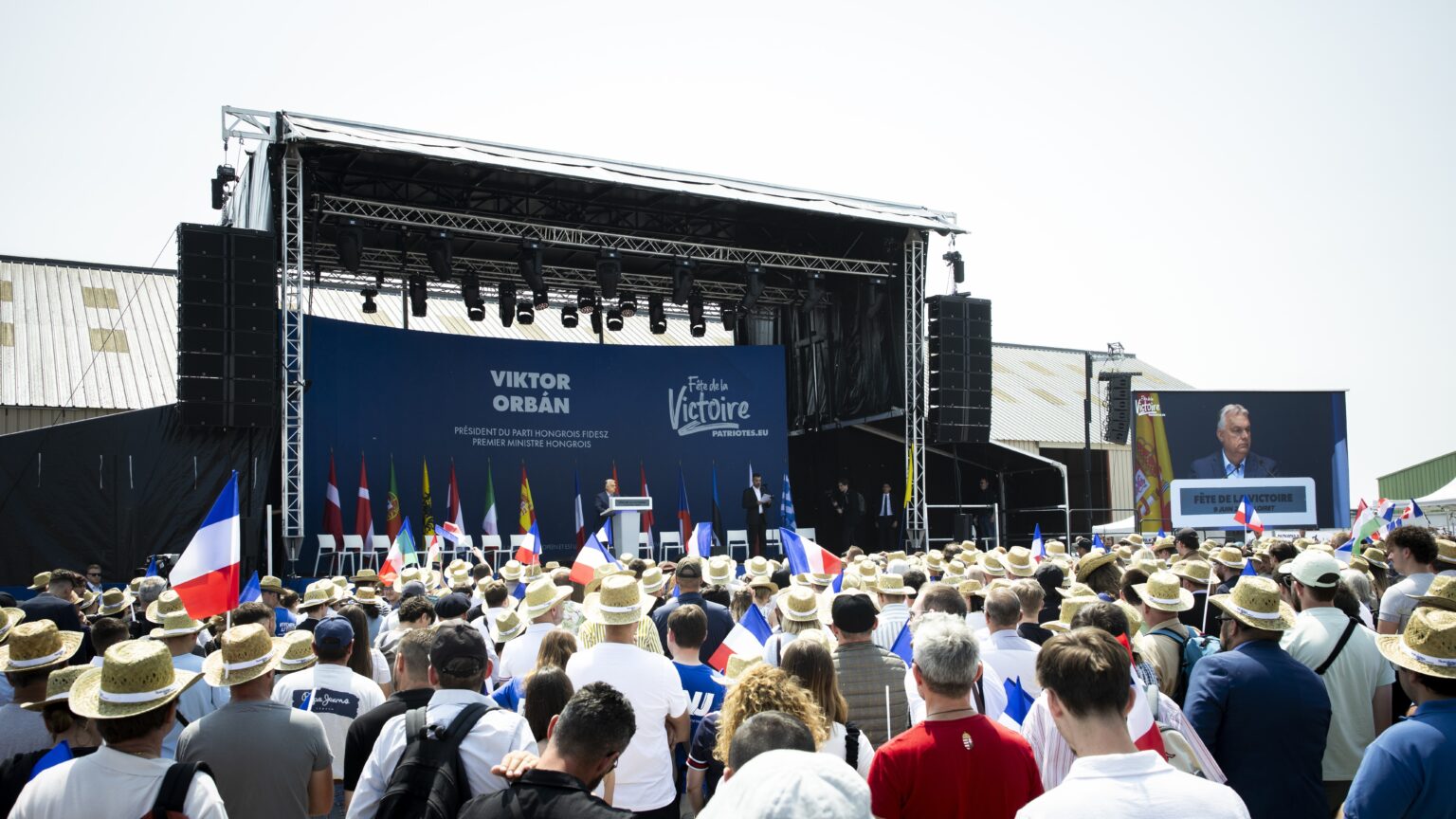
The Patriots for Europe group sought a plenary debate on corruption cases in Ukraine and the risks linked to EU financial aid, but their proposal was rejected by the left, liberal, and EPP majority in the European Parliament, prompting renewed criticism over transparency and accountability.
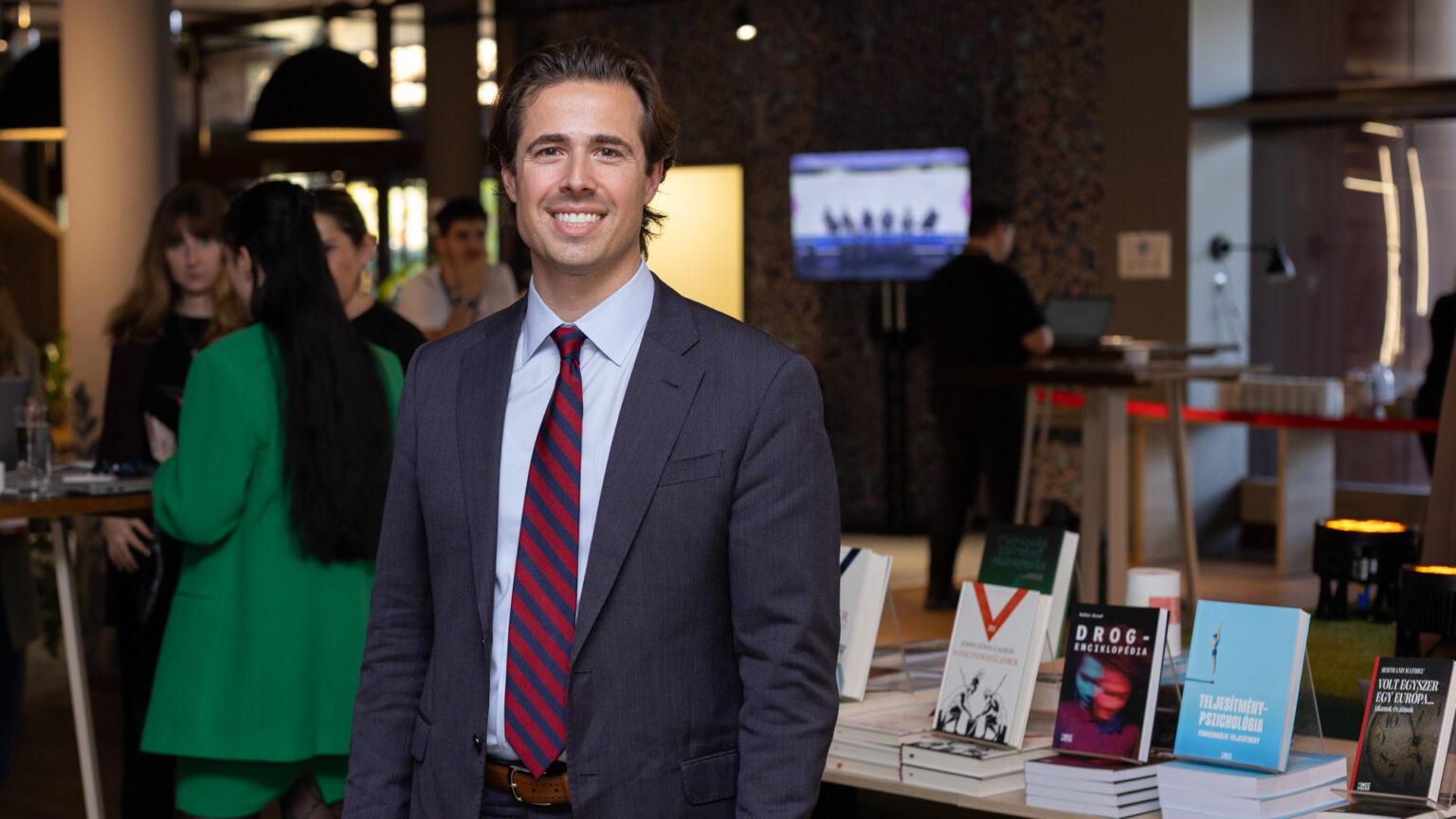
Luke Niforatos, Executive Vice President of Smart Approaches to Marijuana (SAM), warns that drug liberalization is being driven by powerful corporate interests, not public health. Speaking to Hungarian Conservative at the MCC Budapest Summit on the Global Drug Epidemic, he argues that high-potency cannabis and psychedelics are destabilizing families and communities in the US.
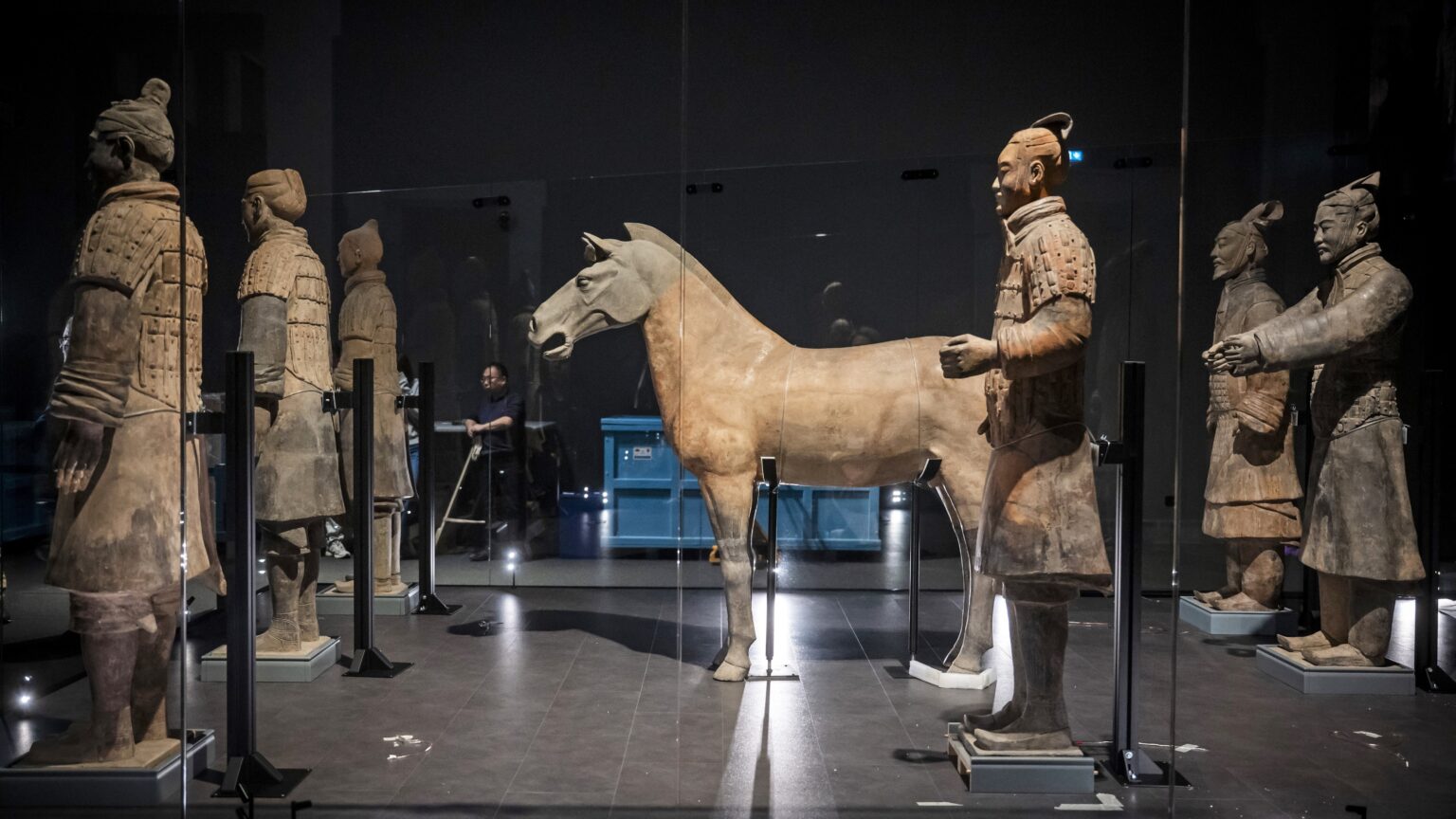
The first terracotta warriors have arrived in Budapest for the Museum of Fine Arts’ major new exhibition, Guardians of Eternity, opening in late November. The large-scale show, unprecedented in Central Europe in 25 years, will feature original artefacts from China’s First Emperor.
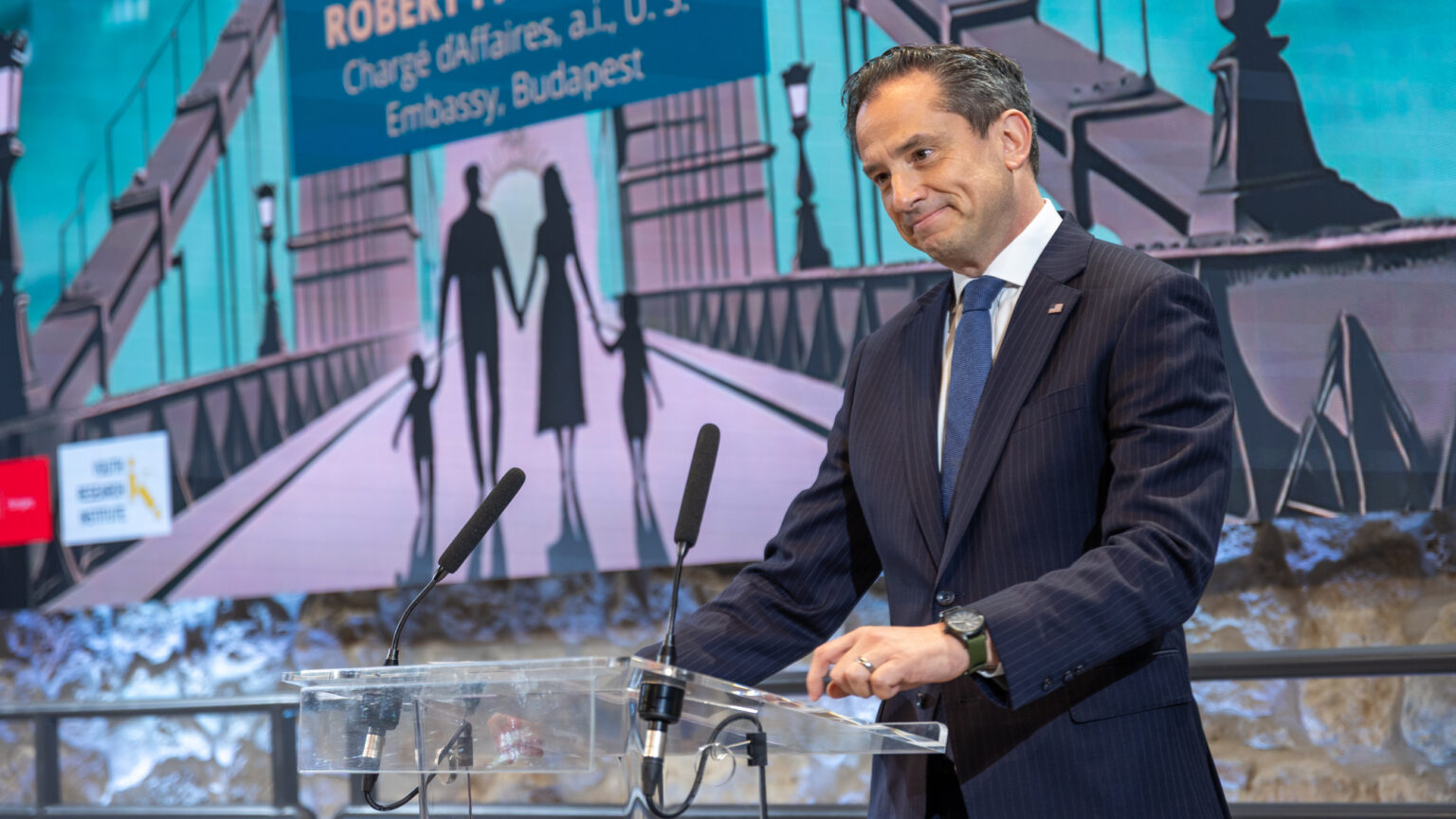
Robert Palladino’s tenure as Chargé d’Affaires in Budapest is ending as Ambassador-designate Benjamin Landa prepares to take over. Bryan Leib praised Palladino’s professionalism and his efforts to strengthen the US–Hungary alliance in a heartfelt farewell message on X.
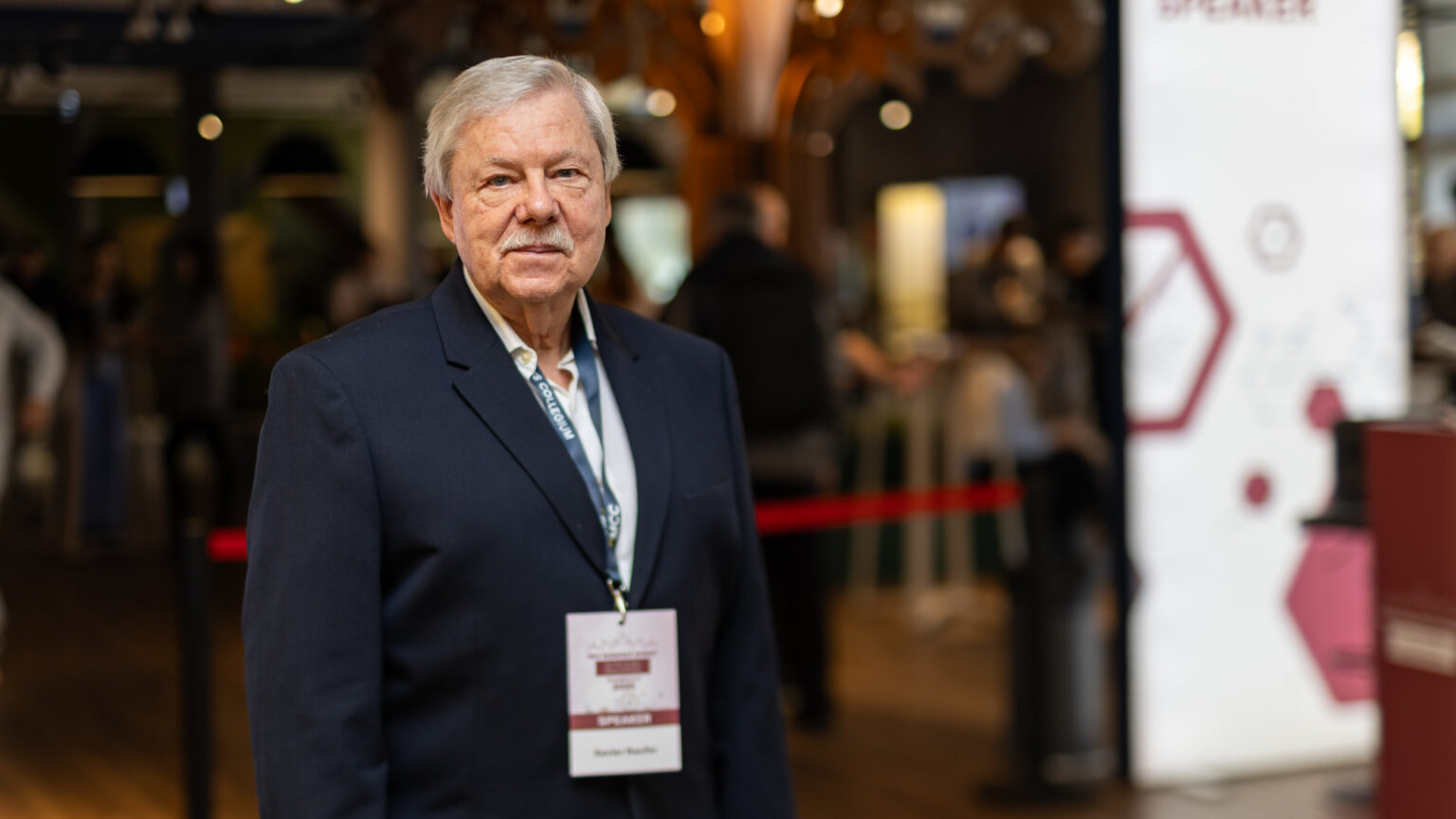
French criminologist Xavier Raufer warns that France’s current security crisis is the result of decades of political denial over organized crime, drug trafficking, and uncontrolled migration. Speaking to Hungarian Conservative at the MCC Budapest Summit on the Global Drug Epidemic, he explains why Marseille now faces homicide rates comparable to Latin America.
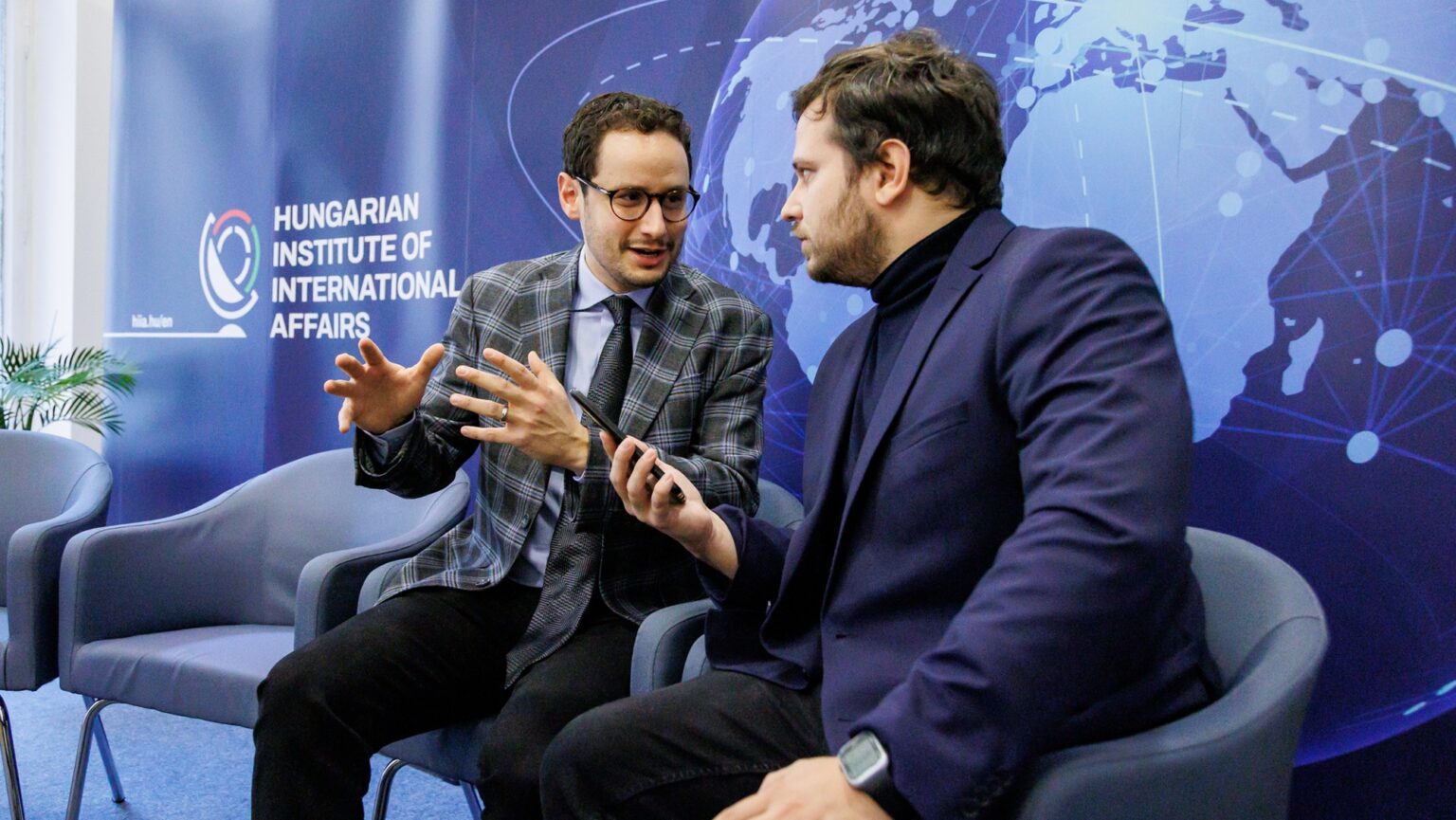
‘I applaud Hungary’s efforts to pursue peace and to offer its good offices here in Budapest, or at least to serve as a venue for American–Russian dialogue. Beyond that, I think what’s key here is that this war is about the future of Europe’s security order.’
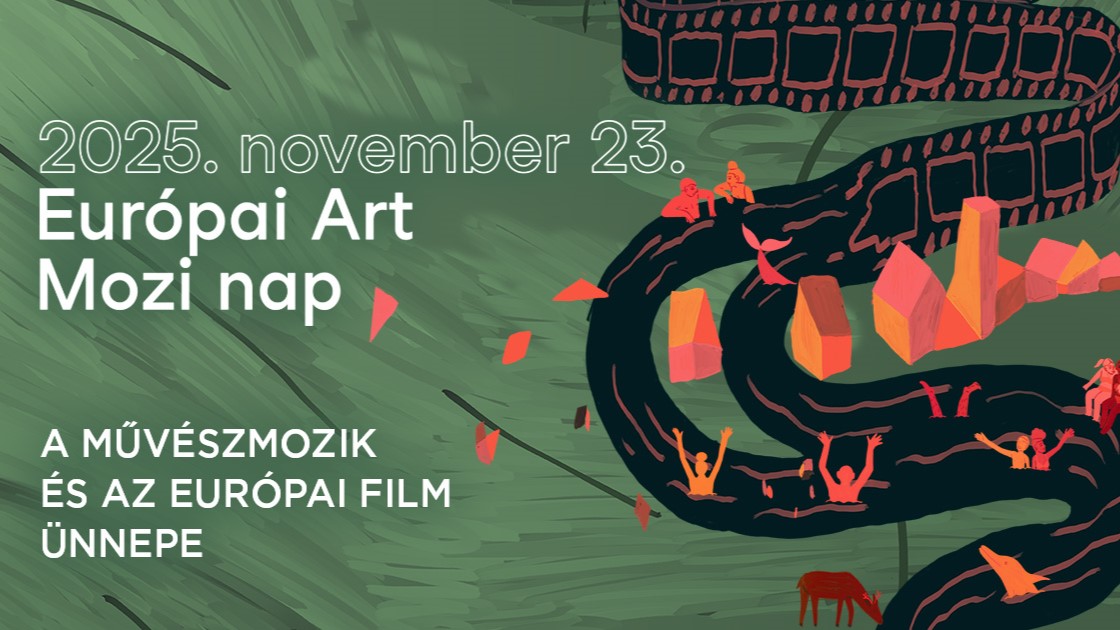
More than 100 screenings, including festival award contenders and two Hungarian premieres, will be held across 27 art cinemas nationwide this Sunday as Hungary joins the 10th European Arthouse Cinema Day, organizers announced on Wednesday.
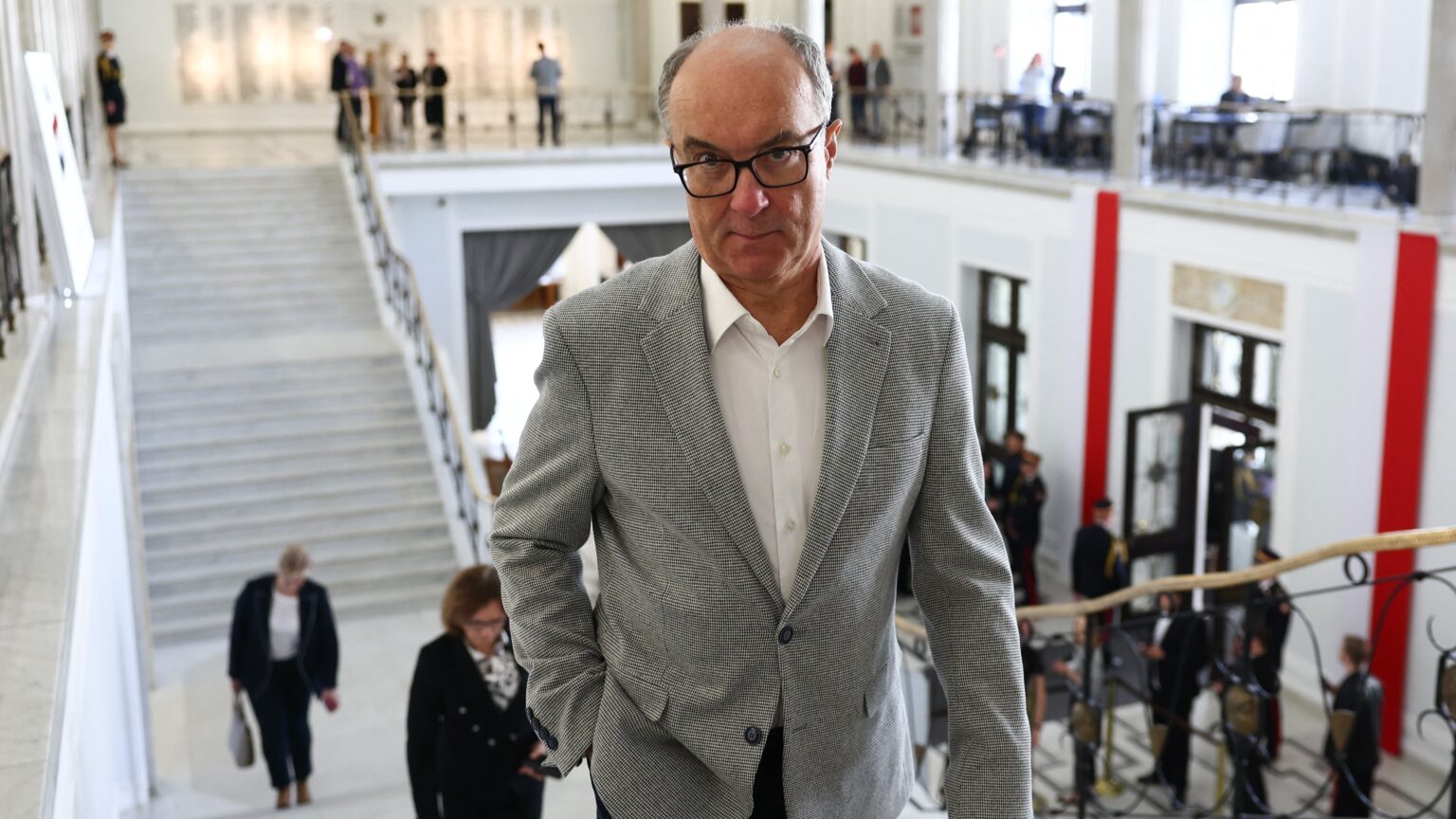
‘Even in 2015, when the PiS government came to power, individuals with communist pedigrees were still numerous within the less visible but essential layers of state administration, the judiciary, the economy, NGOs, and the media. Today these networks are returning…The goal is clear: to maintain control over social and state institutions regardless of electoral outcomes.’

A new AI-based vision model developed by researchers at the HUN-REN Wigner Research Centre for Physics could advance the understanding of brain function while making machine vision systems more accurate and reliable, the institute announced on Tuesday.
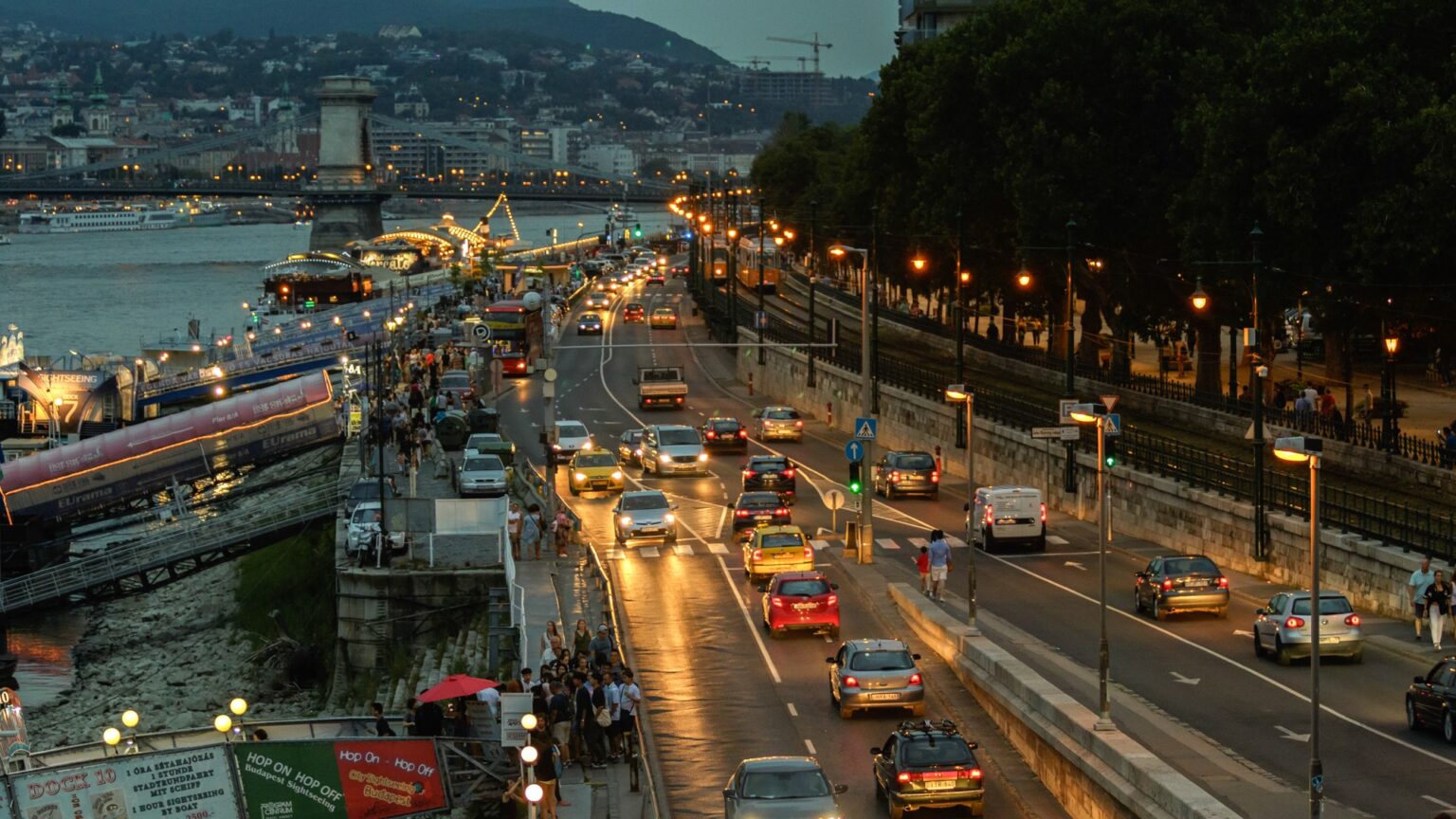
The government will begin talks with municipalities in January on reforming the solidarity contribution system, but no changes are considered realistic before the elections, Minister Tibor Navracsics said in an interview published on Tuesday.
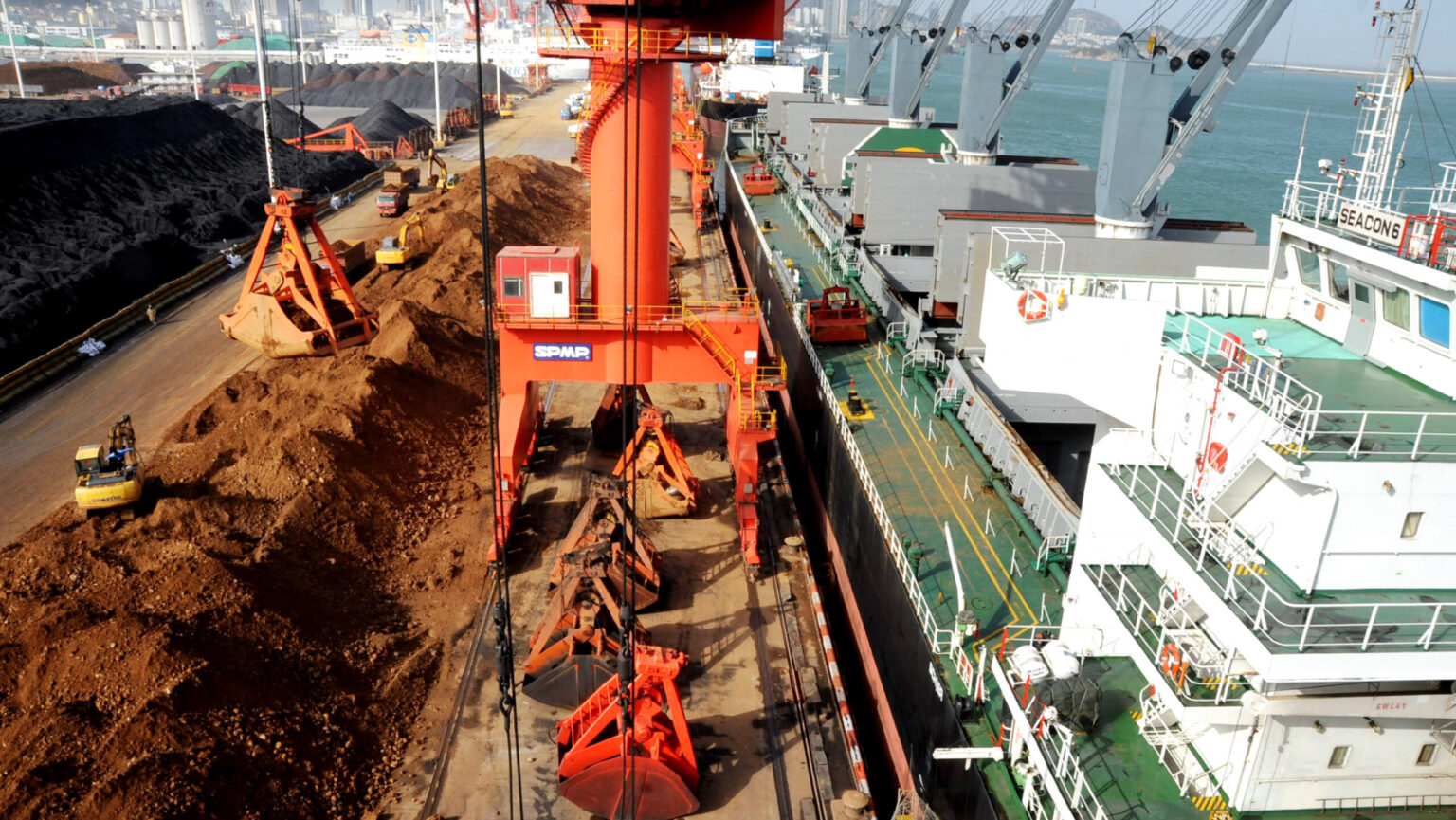
‘An increasingly uncomfortable truth is emerging for Europe: its economic fate now depends largely on the balance of power between the United States and China…One of the big questions for the coming years will therefore be whether Europe, and Hungary within it, will be able to move beyond its role as a passive victim of other countries’ trade wars and instead build its own industrial and climate policies.’
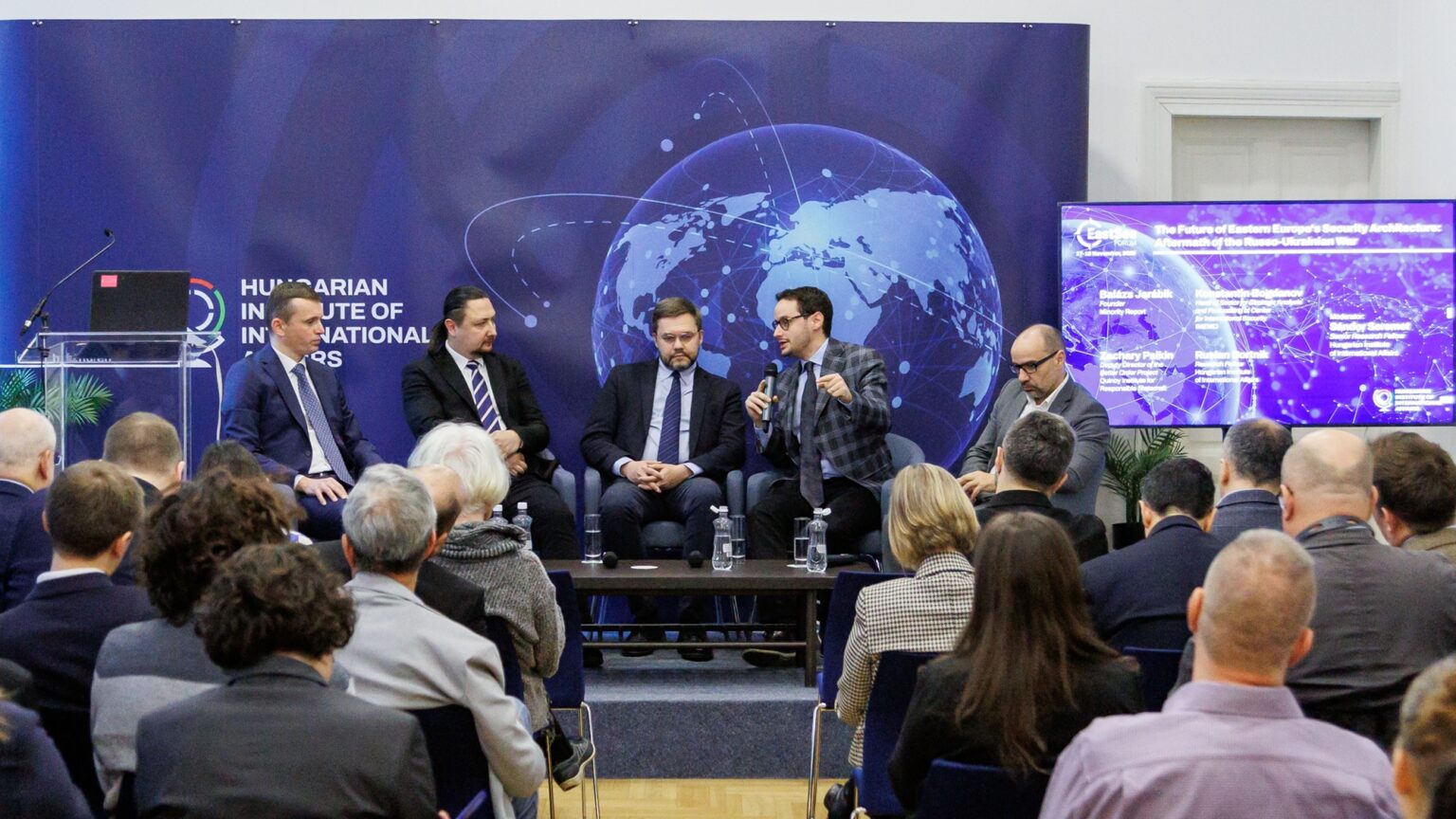
The Hungarian Institute of International Affairs’ first EastSec Forum examined Europe’s shifting security landscape amid the Russo–Ukrainian war. Speakers, including HIIA President Gladden J Pappin and Zachary Paikin of the Quincy Institute, stressed Hungary’s growing mediating role, the collapse of post–Cold War security structures, and the need to rebuild guarantees for lasting peace.
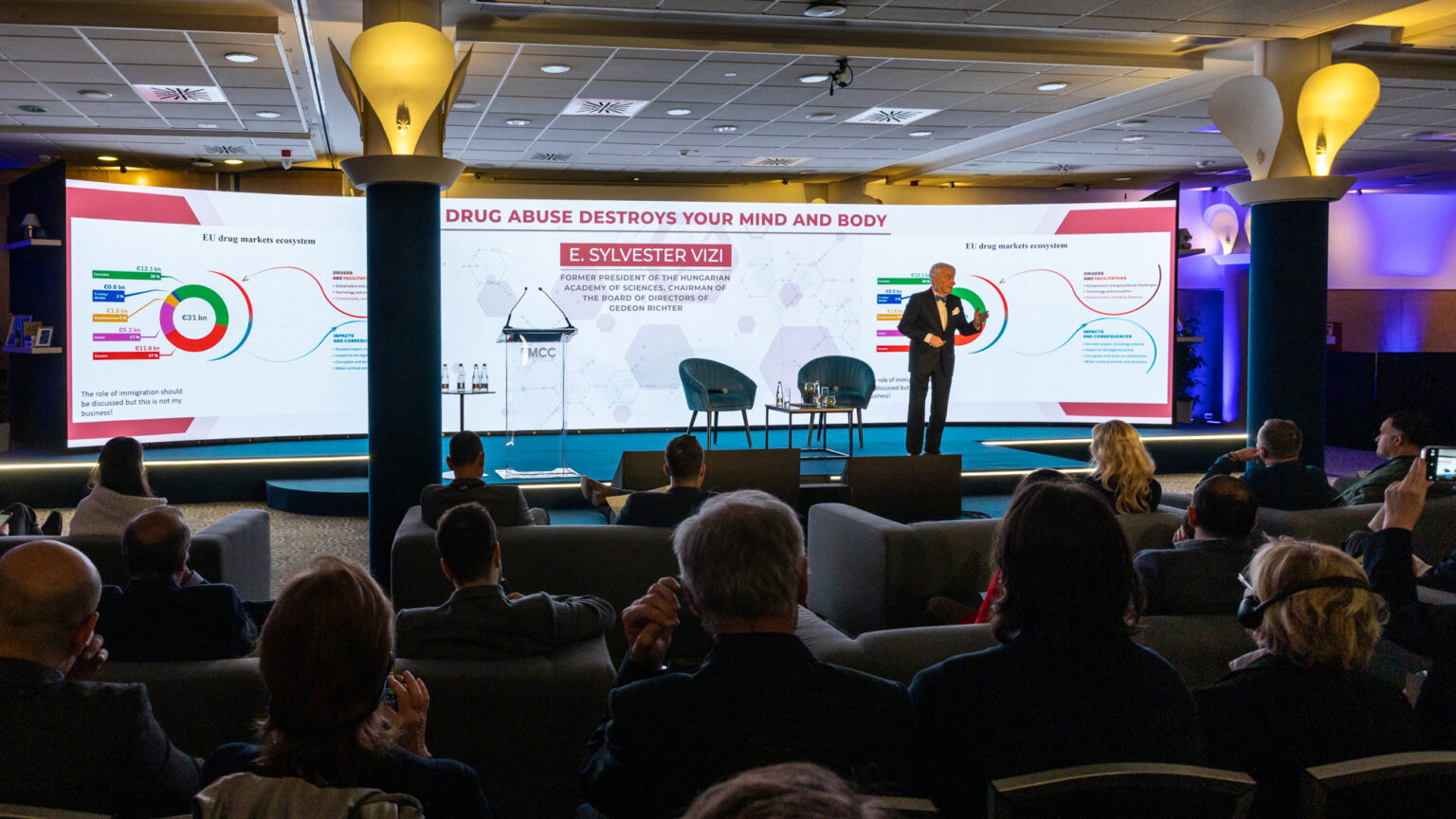
Mathias Corvinus Collegium hosted a major conference in Budapest on the global drug epidemic, warning that the narcotics industry, backed by vast networks, is undermining communities. Experts stressed prevention, youth protection, and international cooperation as key to resisting drug normalization and crime.
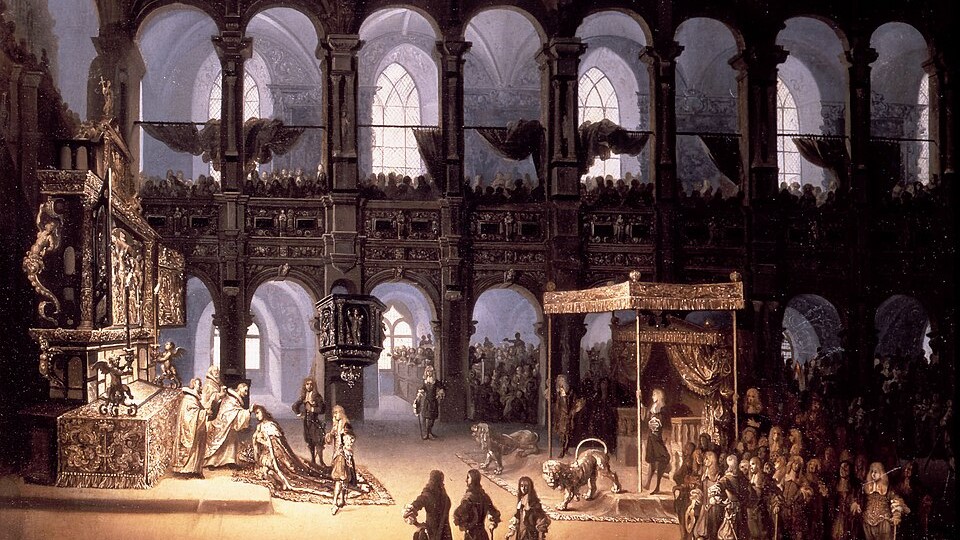
‘Since the masses are easily manipulated, democracy is the natural breeding ground for demagogues, and a straight path leads from it to totalitarianism.’
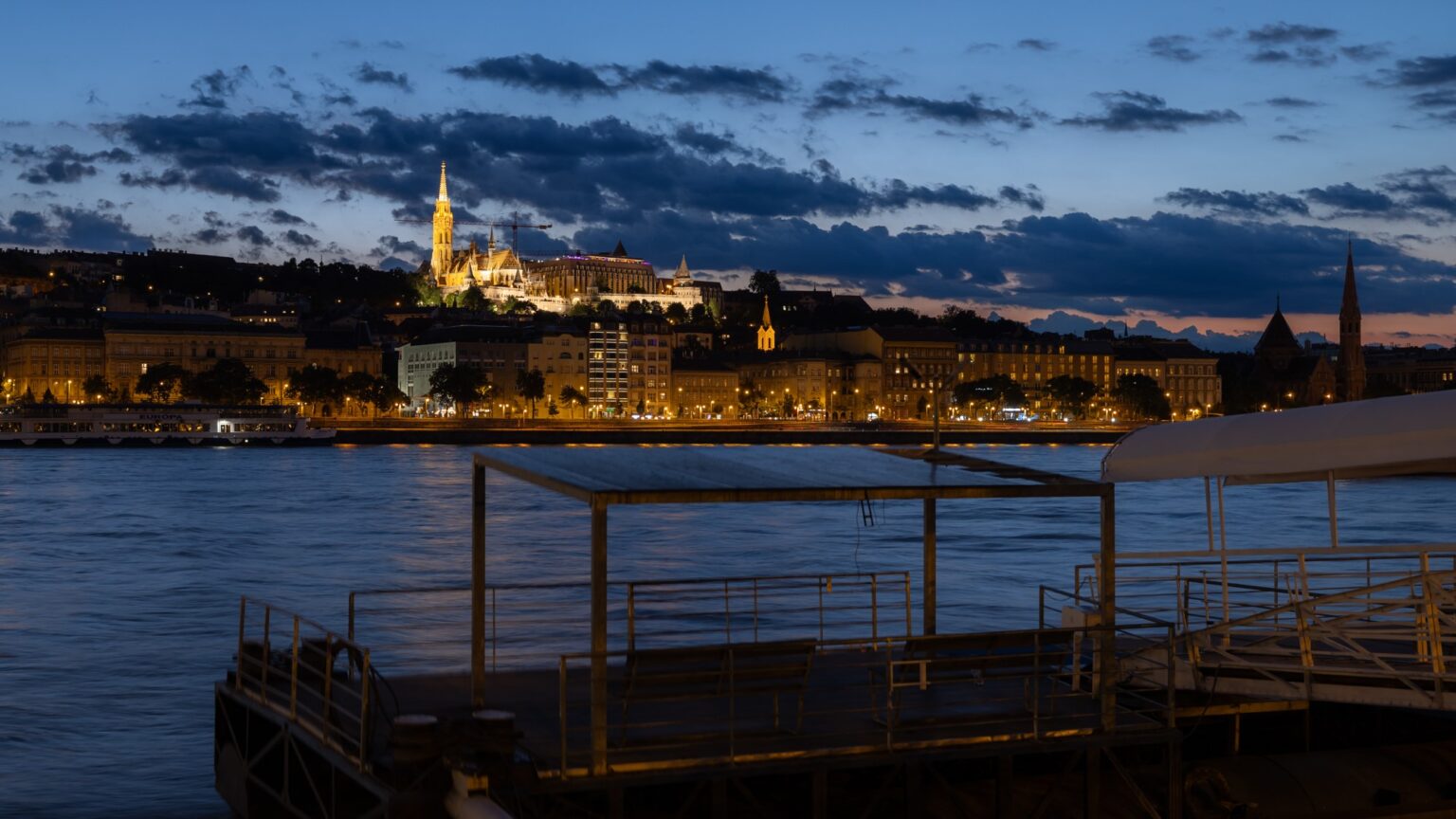
Hungary has become China’s most important economic partner in Europe outside the EU, with nearly a third of all Chinese investment headed to Europe last year arriving in Hungary, Foreign Minister Péter Szijjártó said on Tuesday in Budapest.

Hungary’s upcoming war drama Dragons over Kabul uses an unprecedented scale of CGI to recreate the 2021 Kabul evacuation mission. The filmmakers say the production aims to honour the dedication, courage and sacrifice of Hungarian soldiers.

Hungary’s average gross monthly wage reached 687,100 forints in September 2025, while net earnings rose to 475,100 forints. Both gross and net wages increased by around 10 per cent year-on-year, with real wages growing by 5.5 per cent, according to the latest KSH data.
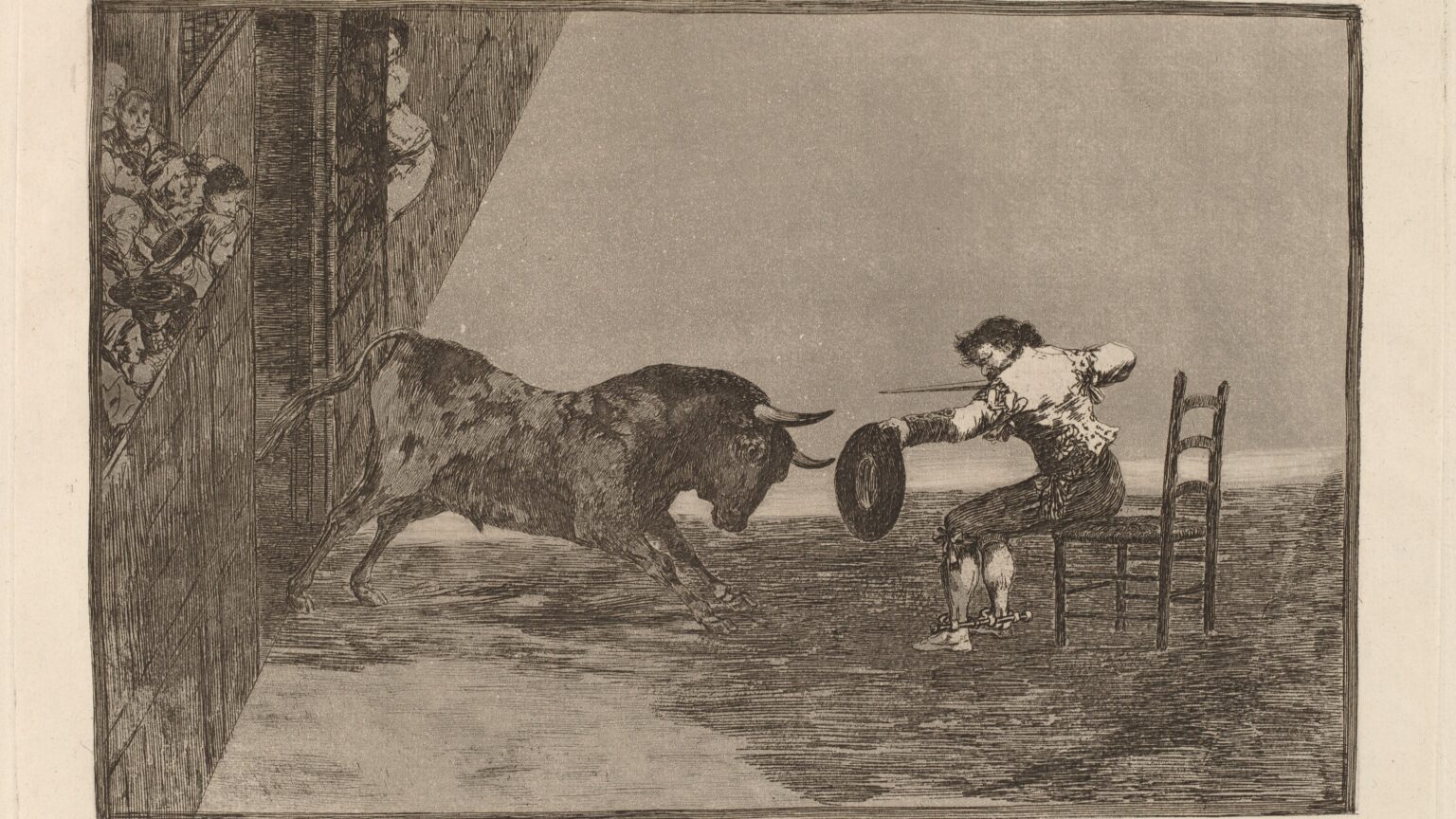
‘“Personnel is policy,” and right now the liberal managers are running the show, even with the New Right in power.’

‘Football would not be the world’s number one sport if it did not carry that unique emotional charge. And often, it is heartbreakingly unfair—for us Hungarians, perhaps more often than for others…We may indeed have to forget about the World Cup for generations…And we will continue to believe that one day Hungary will return to where it belongs: among the greatest football nations of history.’
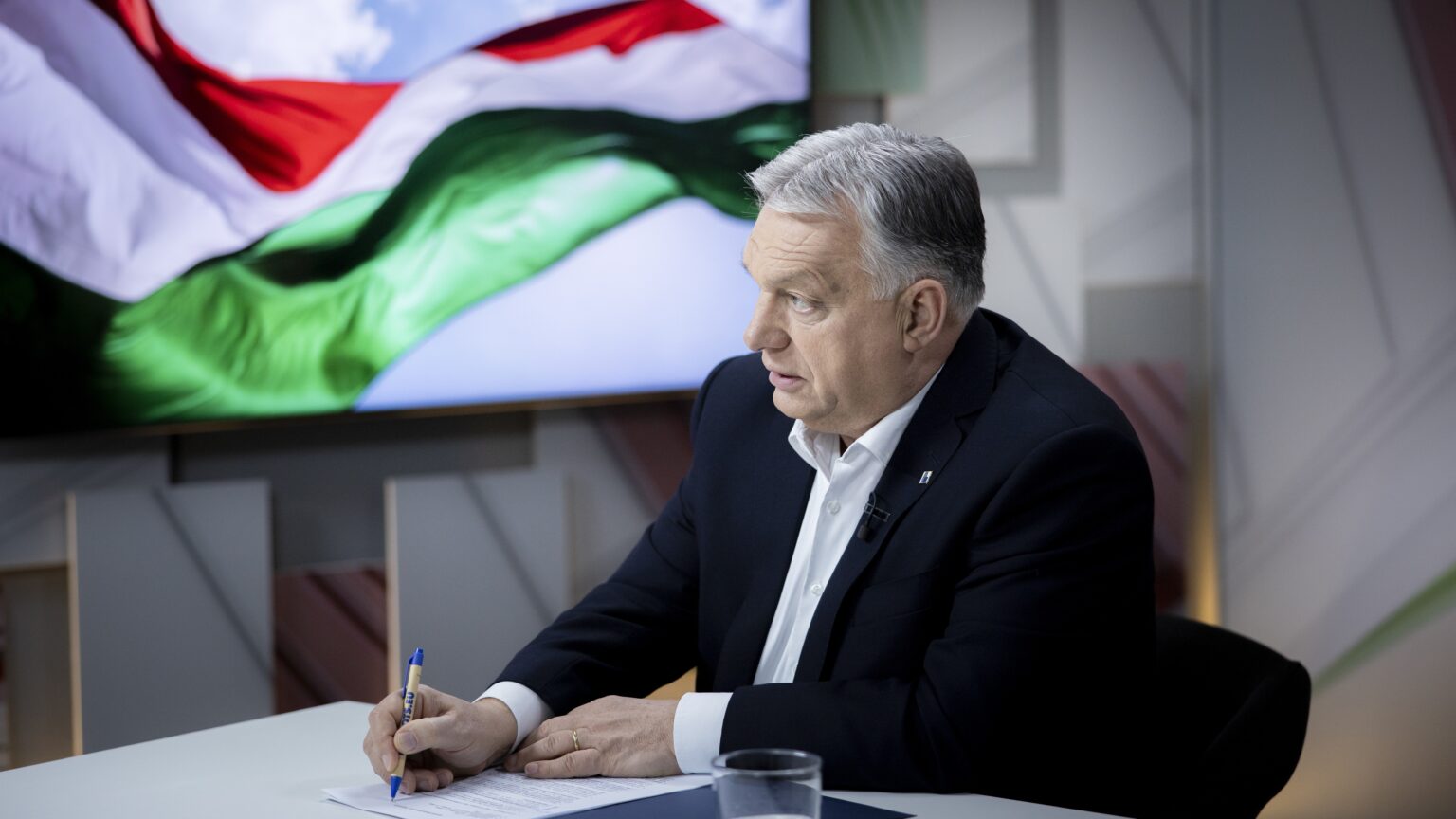
Prime Minister Viktor Orbán of Hungary unveiled an 11-point plan with the Chamber of Commerce to cut taxes and reduce bureaucracy. The package includes higher VAT-exemption limits, lower burdens for sole proprietors, expanded small-business tax options, and new incentives for brownfield and infrastructure investments.
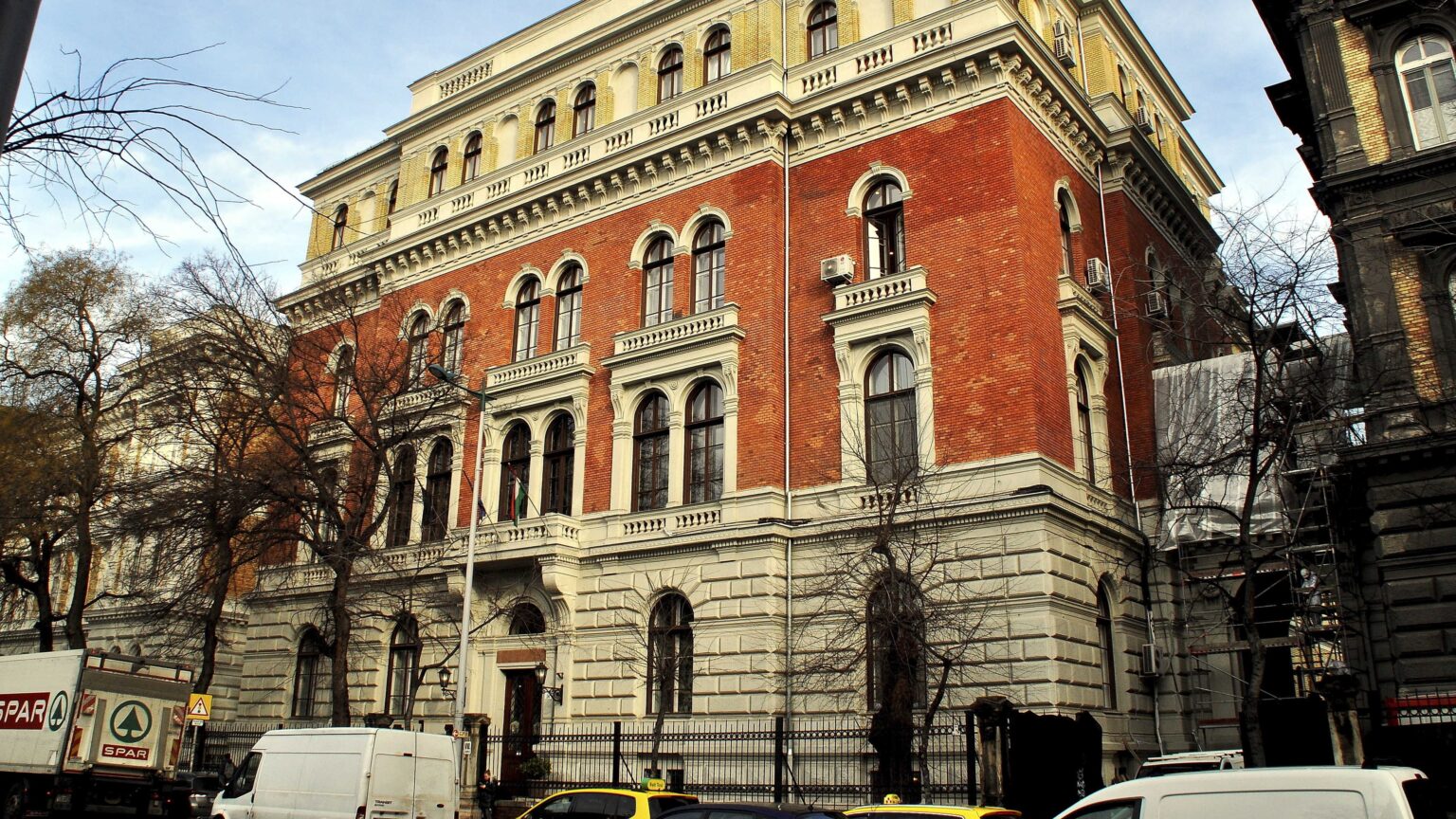
Semmelweis University has been named Central Europe’s top institution, and Hungary aims to elevate it into the ranks of Europe’s and the world’s leading universities, officials said at the opening of the university’s new Diagnostic and Therapeutic Centre in Budapest.

After ICE agents were deployed in Charlotte, NC (the city where Ukrainian refugee Iryna Zarutska was brutally murdered earler this year), one Democratic official in the state posted a video claiming that ICE agents are ‘specifically coming to terrorize communities of colour’; while a disturbing video shows a white van appearing to try to run over immigration agents in the city.

Hungarian film Landslide (Földindulás), directed by Zsolt Pozsgai, has taken home the Best Drama award at France’s prestigious Red Movie Awards, with Irén Bordán and Gábor Koncz earning the festival’s special prize for Best Lead Pair. The digitally restored 2014 production continues its international success after winning top prizes worldwide.